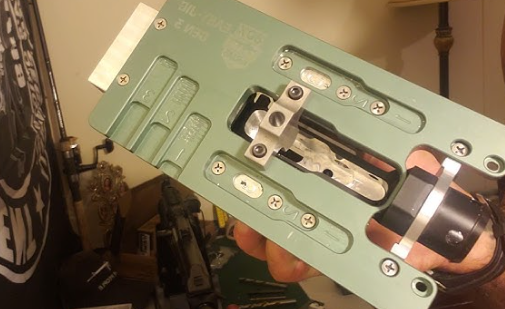Maintaining both native and exotic plants within your yard requires having adequate knowledge of how to handle them. Local plants can grow naturally, without much intervention, while exotic vegetation requires frequent attention. To effectively manage the requirements of both types of plants, homeowners should adjust their gardening strategy for a vibrant garden. Here are lawn care services for native vs exotic plants:
Soil Preparation
Native plants are well-suited to the local climate, nutrients, soil texture, and pH level and require minimal soil preparation. Exotic plants may not be suited for the local soil of your region. For these plants to grow well, you may have to fertilize or change the pH content to replicate the conditions in which they thrive, such as adjusting soil pH with lime or sulfur.
Watering Needs and Climatic Adaptation
Native plants are less dependent on artificial irrigation, and after maturity, the majority grow naturally, adapting to the water conditions of the local area. Plants such as cactus and succulents originate from arid regions and don’t need frequent watering. Exotic plants require can frequent irrigation because they’re not adjusted to the local climatic conditions. Native plants require less maintenance due to their adaptability to local conditions. Exotic plants may require extra applications, such as mulch, to shield their roots against freezing in winter or prove shade during summer so they can better adjust to local weather.
Fertilization
Native plants do not require fertilization because they have adapted to get nutrients directly from local soil. Over-fertilization may lead to excessive growth or inability to resist pests and diseases. Some fertilizers promote the growth of tropical plants in different seasons. Exotic plants may not obtain enough nutrients from the soil in your area as they would in their native environment and must be fertilized occasionally for them to thrive. Lawn care services experts may advise you to apply a slow-release fertilizer, allowing exotic plants to get nutrients as required.
Pest and Disease Management and Maintenance
Since native plants are well adapted to certain climate zones, they may resist certain pests and diseases but still can require basic pest management. Exotic plants are susceptible to local pests and diseases and may need intervention to support their survival. This could be through the application of organic or chemical pest control, depending on the extent of the problem. Native plants require occasional trimming to get rid of diseased or pest-infested parts and promote healthy growth. Exotic plants require intensive care to manage growth. These practices may include deadheading, pruning, and removing unwanted shoots on your plants.
Read also: How Do I Maintain My AC During the Summer?
Enlist Lawn Care Services Today
Caring for native and exotic plants requires different treatment due to their diverse needs for them to thrive in your yard. Soil preparation, watering the lawn, knowing when to apply fertilizer, pruning, and pest and disease control can contribute to a robust, healthy garden. Hire professional lawn services to bring on board specialized skills to your yard. You can achieve a healthy landscape that showcases both native and exotic plants.




